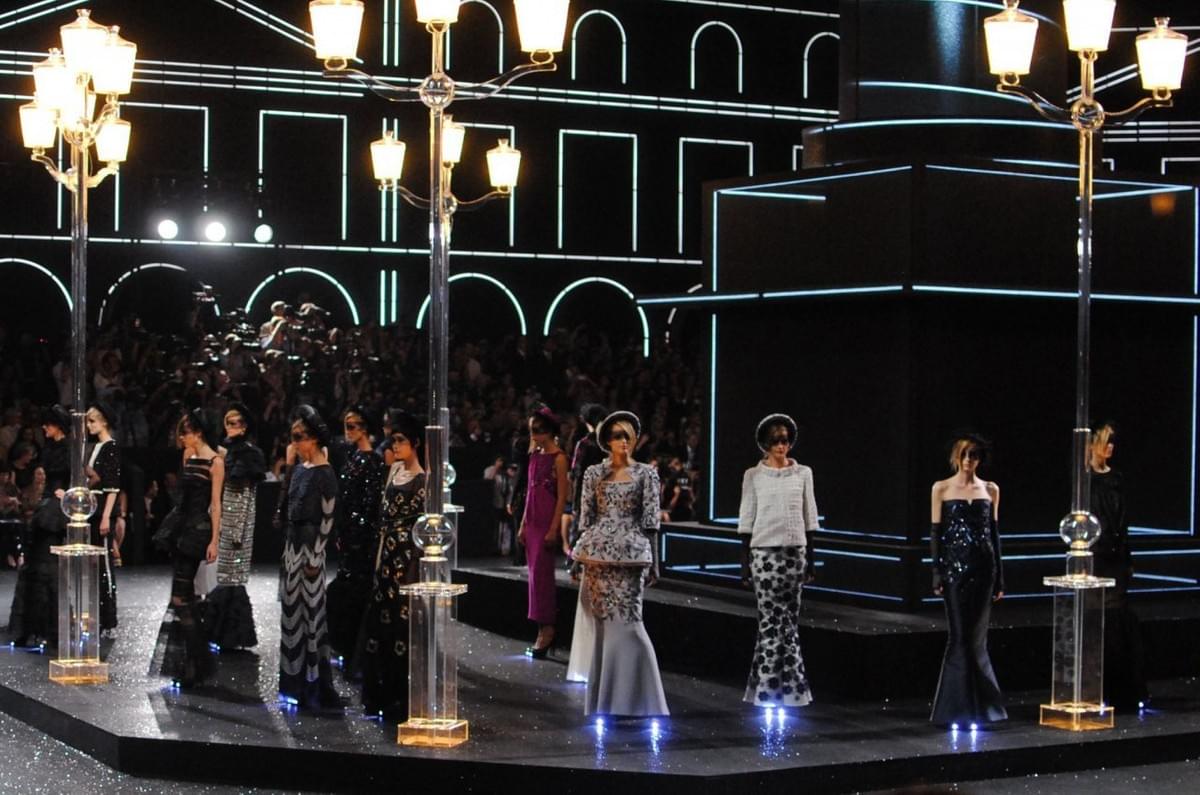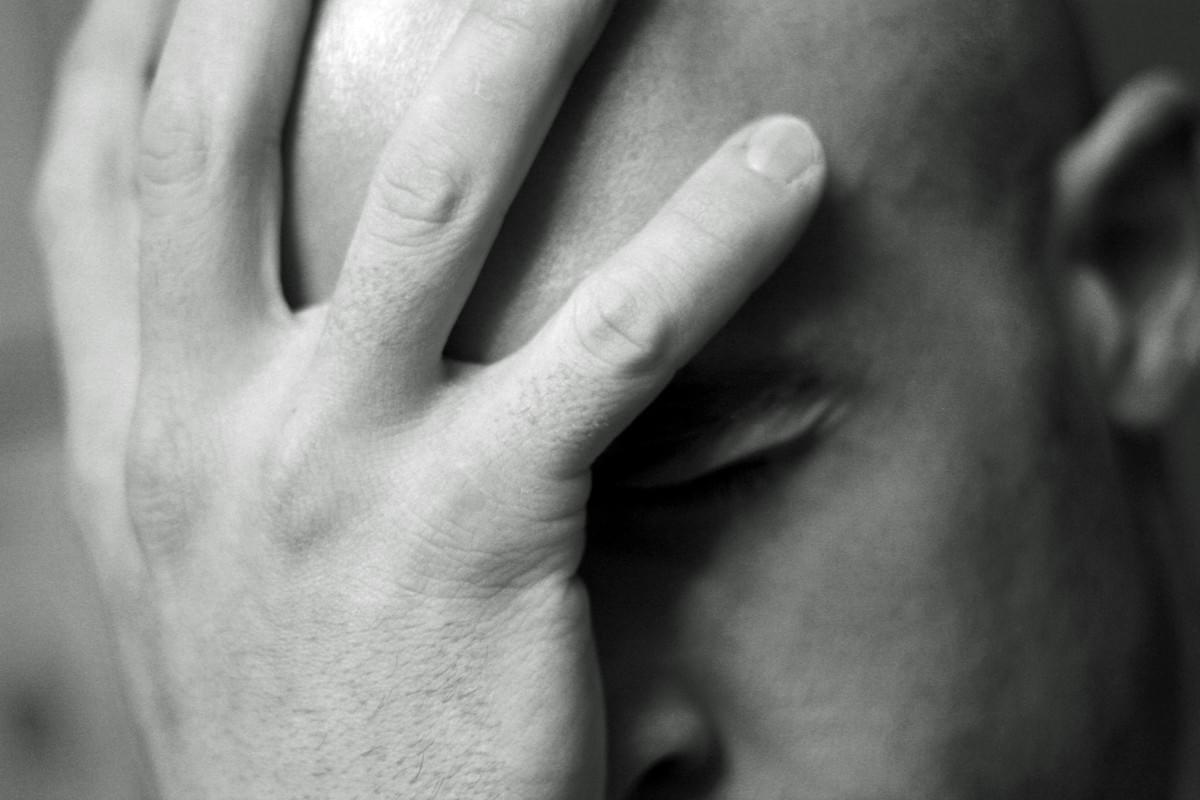
"Fashion is what you buy. Style is what you do with it."
Be You.
Together towards authentic and sustainable lifestyle !!
Our vision for the future of the fashion, textile, lifestyle and luxury industry :
Today's customers of fashion items want to understand the impact of their purchase.
They care about who made their clothes, where and how their clothes were designed, developed and manufactured. So do we !

Our way to support alternatives to fast fashion and its negative impact
Let's move now together !
The fast fashion industry faces criticism for several reasons, largely related to its environmental and ethical impact:
Environmental Concerns:
- Pollution: Fast fashion relies on cheap, synthetic materials and production processes that heavily pollute waterways with toxic dyes and chemicals, contributing significantly to water pollution.
- Waste: The industry generates vast amounts of textile waste, with a high percentage ending up in landfills, releasing harmful methane and taking centuries to decompose.
- Climate Change: Fast fashion's rapid production cycle and reliance on synthetic materials contribute significantly to greenhouse gas emissions, estimated at around 10% globally.
Ethical Concerns:
- Labor exploitation: The industry is often linked to unethical labor practices in developing countries, with workers facing low wages, unsafe working conditions, and long working hours.
- Overconsumption: The constant churn of new trends encourages overconsumption and a "disposable clothing" mentality, leading to increased waste and environmental damage.
Supporting Sustainable Fashion:
Sustainable fashion designers offer a more ethical and environmentally friendly alternative. Here's how they can be supported:
- Consumer awareness: Raising consumer awareness about the issues with fast fashion and promoting sustainable alternatives is crucial.
- Financial support: Providing financial aid through grants, loans, and investment opportunities can help sustainable brands scale and compete with fast fashion giants.
- Policy changes: Implementing policies that incentivize sustainable practices and discourage harmful ones can create a more level playing field for sustainable brands.
- Collaboration: Collaboration between established brands and sustainable designers can foster knowledge sharing and innovation.
By addressing these issues and supporting sustainable alternatives, we can move towards a more ethical and environmentally responsible fashion industry.

Act for sustainable fashion
We offer numerous benefits and individualised services to designers, luxury brand owners and fashion company owners focusing on fostering innovation, sustainability, and business growth in the fashion industry.
Here are some key ways we support lifestyle designers, creatives, brand and company owners:
Funding and financial support:Grants and Loans: Providing financial assistance to help cover startup costs, production, or scaling operations.
Investment Opportunities: Connecting designers with investors interested in sustainable projects.
Education and training:
Workshops and Courses: Offering training on sustainable materials, eco-friendly production techniques, ethical labor practices, and circular economy principles.
Business Skills: Seminars on marketing, financial management, brand development, and e-commerce.
Access to resources:
Materials: Exclusive access to sustainable fabrics and other materials.
Technology: Use of cutting-edge technology for design, prototyping, and production that supports sustainability.
Networking and collaboration:
Industry Connections: Introductions to suppliers, retailers, and other designers who prioritize sustainability.
Partnerships: Facilitating collaborations with tech companies, NGOs, or other brands to enhance sustainability efforts.
Mentorship and guidance:
One-on-One Mentoring: Experienced mentors from the fashion industry who can provide personalized advice.
Advisory Services: Ethical, and strategic advice tailored to the sustainable fashion sector.
Space and infrastructure:
Studio Space: Affordable or subsidized workspaces equipped for design and initial production.
Showrooms: Spaces to showcase collections to potential buyers or at fashion events.
Marketing and branding support:
PR and Media: Assistance in getting media coverage for sustainable practices and innovations.
Digital Marketing: Help with online branding, SEO, social media strategy focused on sustainability.
Sustainability certification and environmental compliance:
Certification: Assistance in achieving certifications like B Corp, Fair Trade, or GOTS (Global Organic Textile Standard).
Compliance: Help in navigating regulations and standards for eco-friendly practices.
Research and development:
Innovation Labs: Access to programs where new sustainable technologies or processes can be tested and developed.
R&D Funding: Specific funds for research into new sustainable fashion technologies or methodologies.
Community Building:
Events and gatherings: Organizing events where sustainable fashion ideas are shared, discussed, and celebrated.
Community platforms: Online or physical spaces where members can share knowledge, challenges, and solutions.
Market Access:
Trade Shows: Support in participating in sustainable fashion trade shows or creating pop-up shops.
Sales Channels: Developing sales channels specifically for green products, possibly through an incubator-led platform.
Our Hack Your Style manifesto
We want to foster sustainable conscious and ethical lifestyle and fashion initiatives
For sustainable fashion designers
Because you are at the core of the artistic creation process, we believe that you have a key role to play
For beauty and cosmetics creators
In this adjacent market, we expect multiple scandals to come and we know that alternative exist. We want to help and support market players who care about the skincare of their customers.
For fairtrade, human rights and transparency advocates
Consumers tend to buy based on price only, this has a tremendous impact on production, manufacturing and logistics. To cut costs, certain fashion industry players are using undecent working conditions. We want this to stop.
For fashion and luxury company owners
We can significantly empower fashion company owners in their journey toward sustainability. By providing tailored support, educational resources, networking opportunities, and strategic guidance, the incubator helps these companies implement sustainable practices that not only benefit the environment but also enhance their market position and consumer appeal.
Your personal story
Take a look !

Fashion Designers
Co-create
Through our network, you can find inspiration, suppliers and clients

We help you create your own fashion house
Join our VIRTUAL incubator and get access to our personlised services
You look after your collection, we look after the rest.

Mentor and coach matching with Hack Your Style shapers
Access our pool of super smart people
Our subject matter experts are here to help company owners
Models Protection
Great models for fantastic designers
Models in the fashion industry face a variety of risks, impacting their physical and mental well-being, career prospects, and sense of safety. Here are some key areas of concern:
Health Risks:
- Eating disorders and body dysmorphia: The industry's emphasis on thinness can pressure models to adopt unhealthy eating habits and exercise routines, leading to eating disorders like anorexia and bulimia. Body dysmorphia, a distorted view of one's physical appearance, is also prevalent due to constant comparison and criticism.
- Physical strain and fatigue: Long working hours, demanding travel schedules, and physically demanding poses can lead to fatigue, injuries, and muscle strain.
- Exposure to harmful substances: Models may be exposed to harsh chemicals in cosmetics, hair products, and dyes, potentially causing skin irritation, allergies, or long-term health problems.
Mental and Emotional Risks:
- Sexual harassment and assault: Unfortunately, sexual harassment and assault are reported concerns within the industry, leaving models feeling vulnerable and exploited.
- Mental health issues: The pressure to maintain a certain appearance, coupled with intense competition and potential exploitation, can contribute to anxiety, depression, and low self-esteem.
- Lack of job security: The modeling career is short-lived for many, leaving individuals unprepared for the transition and potentially facing financial instability.
Professional Risks:
- Unethical agencies and contracts: Unethical agencies may exploit models with unfair contracts, withhold payments, or limit their career opportunities.
- Lack of representation and diversity: The industry has historically favored specific body types and ethnicities, limiting opportunities for diverse models.
- Financial disadvantage: New models may struggle to earn a decent living due to low starting fees and unpredictable work schedules.
It's important to acknowledge these risks and work towards creating a safer, healthier, and more ethical environment for models in the fashion industry.
Do you want to sell more ?
Don't be afraid to reach out. You + us = awesome.
What would you like Hack Your Style to do for you ?
You can add your comment below:
Hack Your Style® 2023-2030
by Yves Zieba
c/o Foound Sàrl, Rue Jean-Gutenberg 2
1201 Genève
Suisse
+ 41 22 548 39 75
+41 79 561 10 54
Copyright 2016-2026










